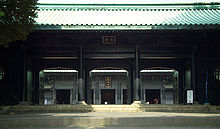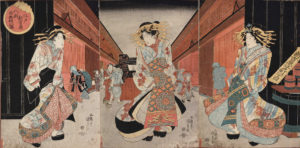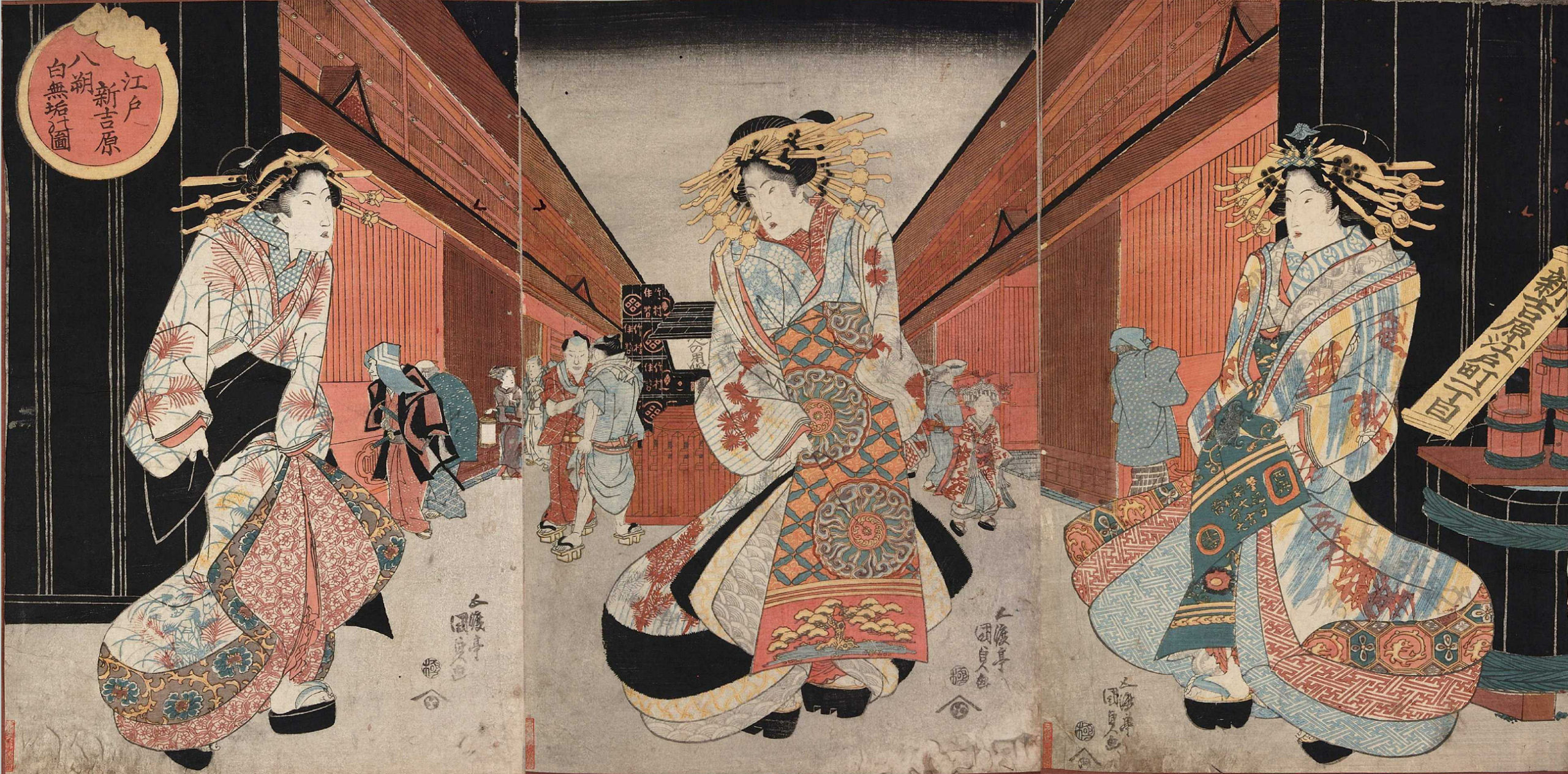This week, we’re discussing the autobiography of a troublemaking, low-ranking samurai whose life didn’t reshape Japan, but whose tale can tell us a lot about how our image of the samurai class matched up with reality.
Sources
This episode was rare in that I only relied on one source, Teruko Craig’s excellent translation of the Musui Dokugen known as Musui’s Story — plus all my notes from college.
Images




This guy sounds like a riot. I mean, besides being an alcoholic deadbeat dad and all. How has this not been adapted into an anime or a movie?
That twist at the end that Rintaro is Katsu Kaishuu. You’re right, I can’t look at him the same. You’d think that those fundoshi would protect the balls better.
I mean if anyone wants to approach me to consult on an adaptation I’m all in! I do love him so much for being such a totally self-absorbed scamp!
Give his memoir a read in full if you get a chance. It can get a bit dense but I promise there’s plenty of good stuff I left out.